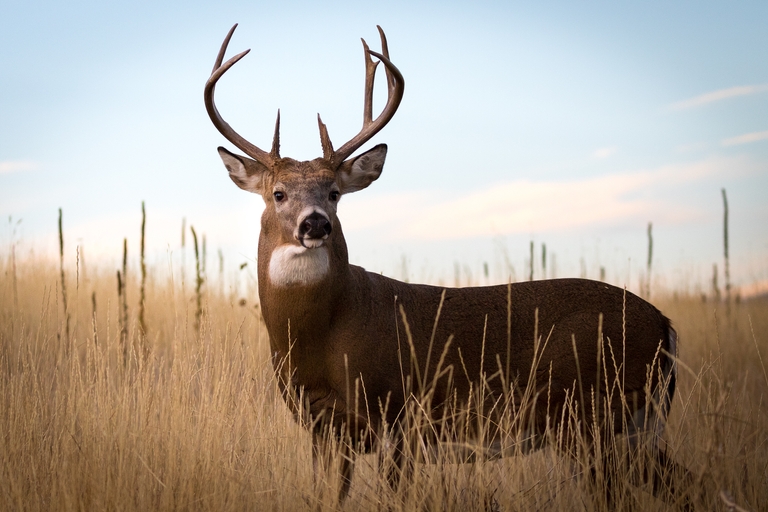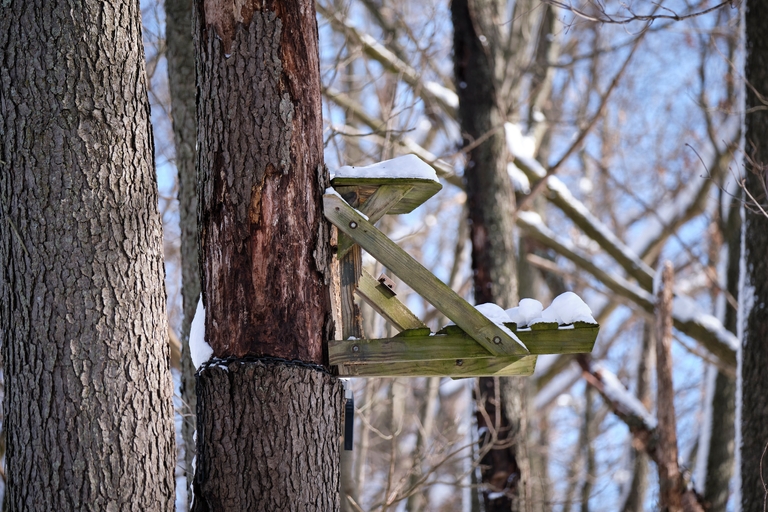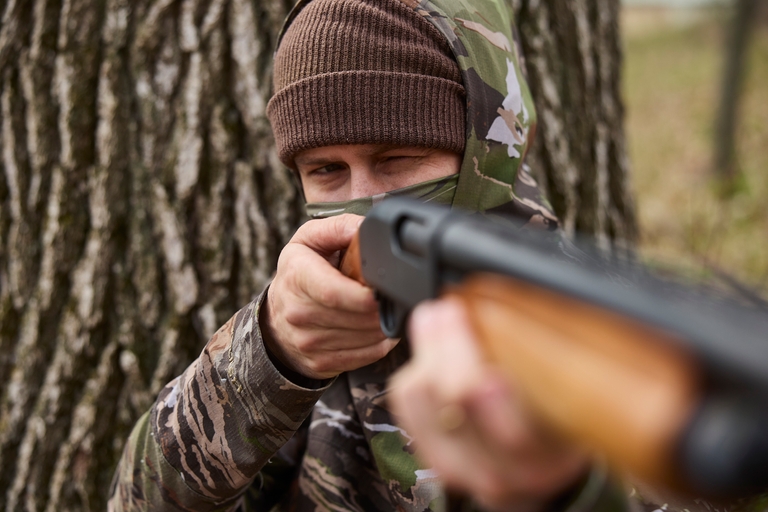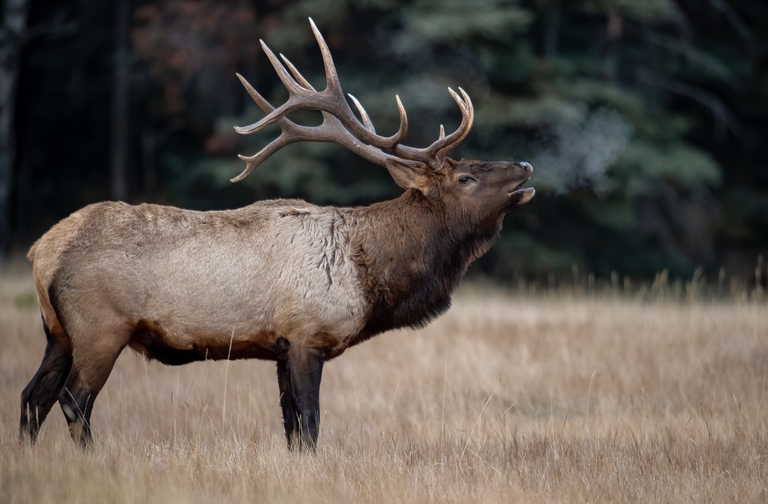Even Elmer Fudd Needs Hunter Education. Here's Why
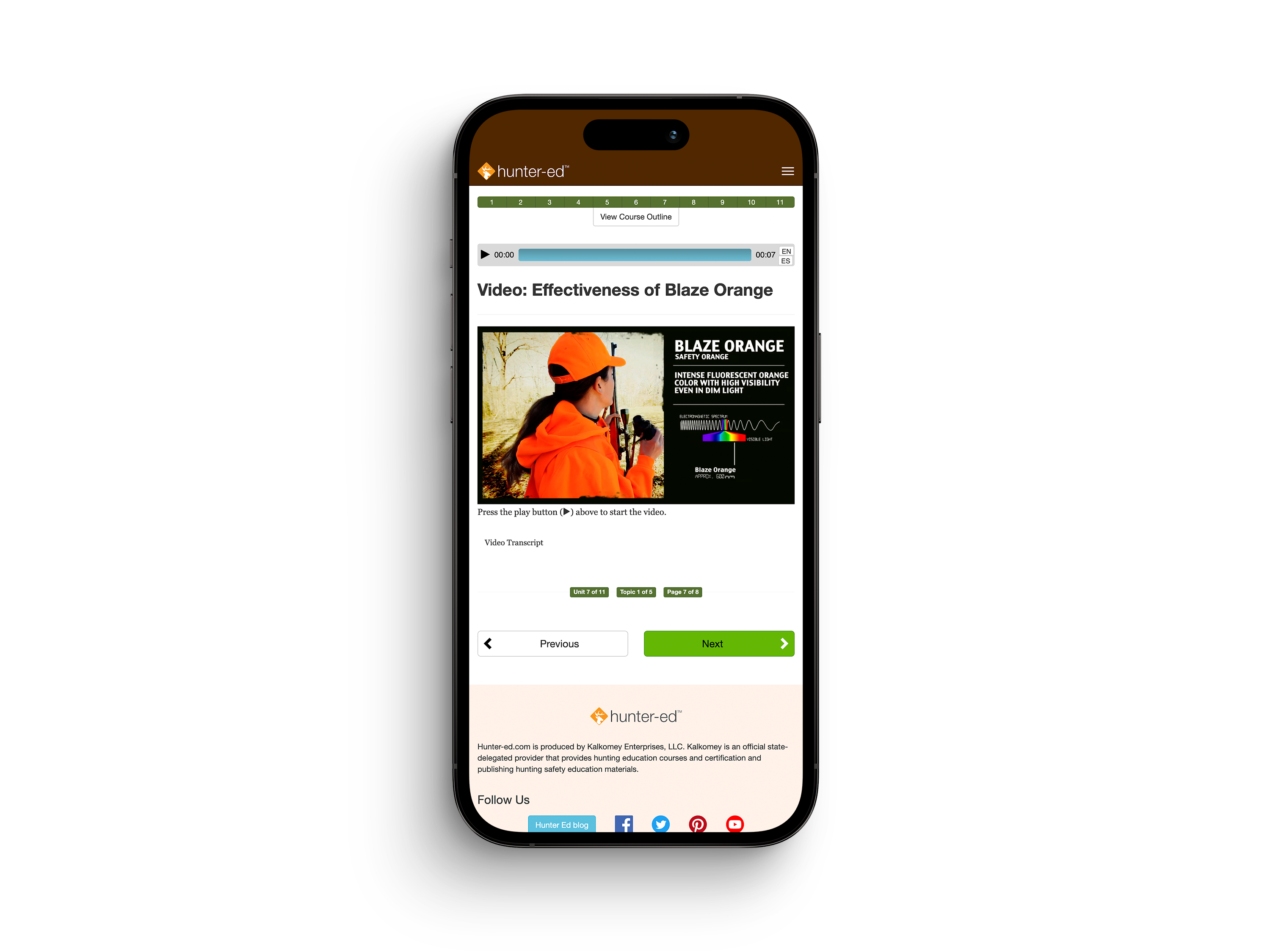
Elmer Fudd is one of the most famous hunters in the world, with his many hunting trips broadcast to TVs and movie theaters around the world since 1937!
Though it’s true that he began his on-screen hunting before hunter education began, we think he especially could benefit from a bit of safety education. If you've ever watched any of his adventures, you'll know that he often ends up in dangerous (albeit cartoonish) situations while on the hunt for that rascally rabbit.
Even Elmer Fudd should take a hunter safety course! Here are a few reasons why.

1. To Know How Much Blaze Orange to Wear to Be Safe
While it appears he does wear at least a token amount of blaze orange on the side of his hunting cap and at the neck of his collar, that’s nowhere near enough to be truly safe!
State regulations vary, but it’s generally recommended that you wear a daylight fluorescent orange had and daylight fluorescent orange outerwear, such as a shirt, vest, or jacket. This makes it easier for other hunters to see you, helping minimize accidents.
As we know, Elmer seems to have a lot of accidents! So, don't be like Elmer.
2. To Watch That Muzzle Direction
Hunters like Elmer Fudd have fewer accidents when following the four primary rules of firearm safety:
- Keep the muzzle pointed in a safe direction at all times.
- Treat every firearm with the respect due a loaded gun.
- Be sure of the target and what is in front of it and beyond it.
- Keep your finger outside the trigger guard until you’re ready to shoot.
Mr. Fudd regularly violates these essential rules almost every time he appears on screen. A hunter’s education course would help him (and you) really understand why these rules are so important!
3. To Practice Safe Field Carries
While you’re in the field, it's crucial to follow that first rule of firearm safety: keep the muzzle pointed in a safe direction at all times!
Hunters must have good control of their firearms. Since Elmer seems to need a refresher, a hunter safety course can teach him (and you) several safe field carries.
For Mr. Fudd, as he often carries a break-action rifle, perhaps he would be comfortable with a cradle carry.
4. To Know His Quarry Better
Mr. Fudd has a lot of experience pursuing that big rabbit (and sometimes that mouthy duck), but how well do he really know his quarry? With a little knowledge, he might actually catch that rabbit!
For example, a rifle isn’t usually the right firearm for hunting small game such as rabbits and ducks – and dynamite is never appropriate on a hunt.
Putting more time into researching your quarry before the hunt will greatly increase the odds of success for any hunter.
5. To Understand Hunting Seasons Before a Hunt
While it’s clear Elmer is up against some wily prey, he probably ought to take a little time to research the hunting season for the area to make better use of his time in the field.
He shouldn't simply depend on the sign on that tree since we know that both the duck and the "wabbit" he hunts are tall enough to change the sign on him!
Researching beforehand and having the proper licenses lead to more successful hunts.
6. To Sight-In His Rifle and Become a Good Marksman
It appears he often misses his target – even when it is right in front of him! So, he may need to properly sight-in his rifle.
However, if that’s not the problem, perhaps he needs more target practice – off the field – so he knows his accuracy limits.
Hunter education can help with all of these issues (and more) to help Elmer Fudd (and you) stay safe in the field and end more hunts with harvested game.
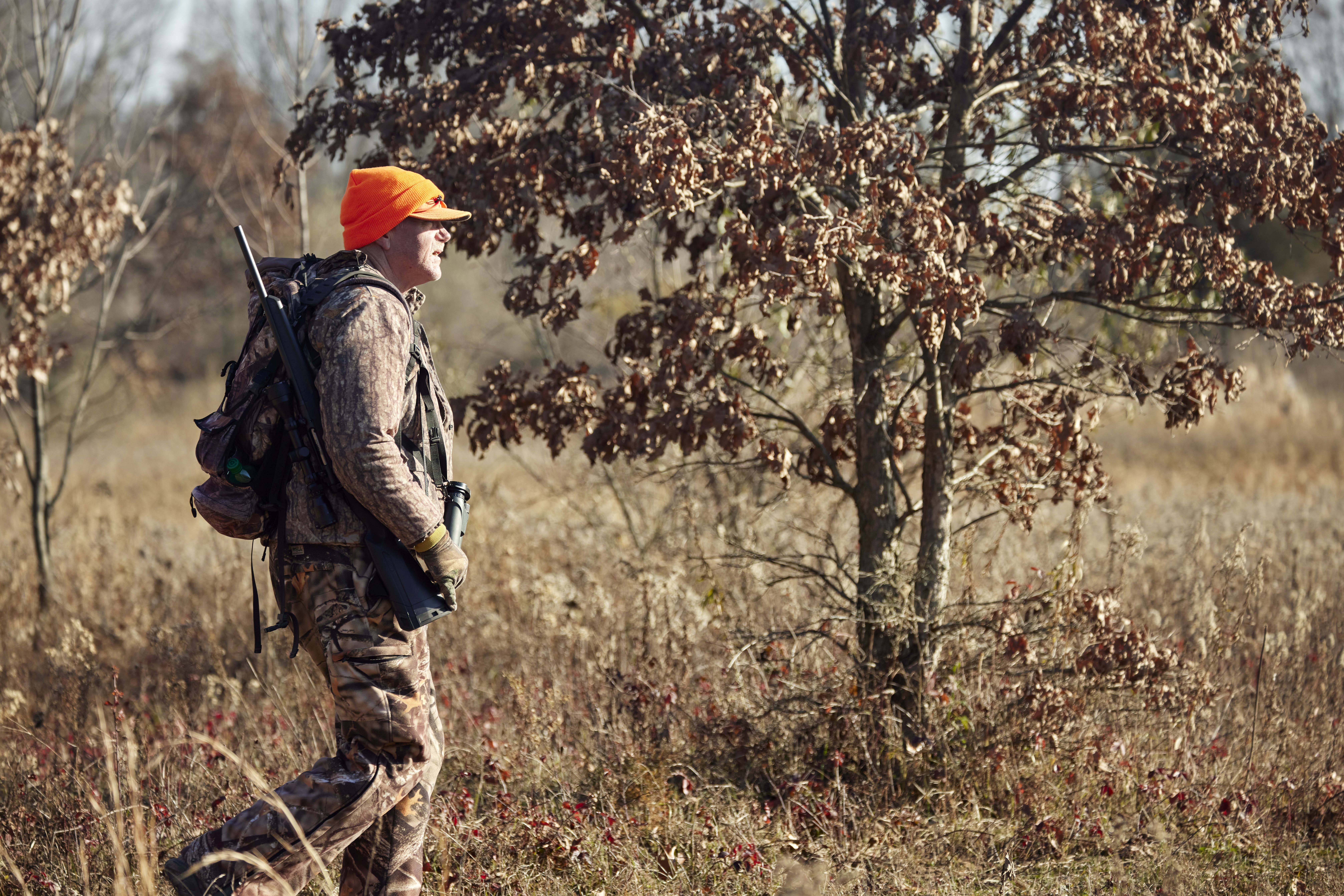
Don't Be Like Elmer Fudd. Take Your Hunter Education Course Before Your Next Hunt!
While Elmer Fudd is primarily there for our entertainment, there's a lot we can learn from his mistakes. When hunters make mistakes in the field, they can result in serious injuries – not a cartoonish outcome that we bounce back from to continue after our prey.
The best way to learn how not to be like Mr. Fudd is through a hunter education case like the ones we offer here at Hunter-Ed! You can even take it online and meet all state requirements for hunter safety education in your state.
So, avoid mishaps in the field by finding the course for your state and getting safety certified before your next hunt!
Originally published May 4, 2015. Content updated May 8, 2023.

